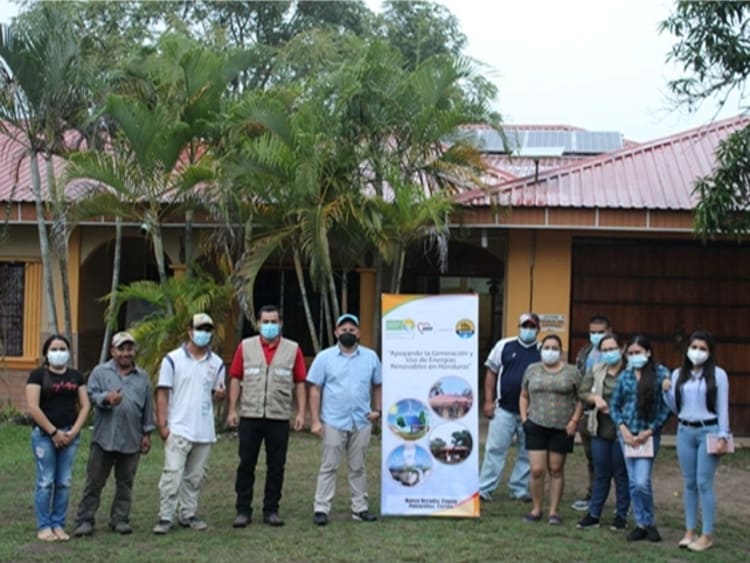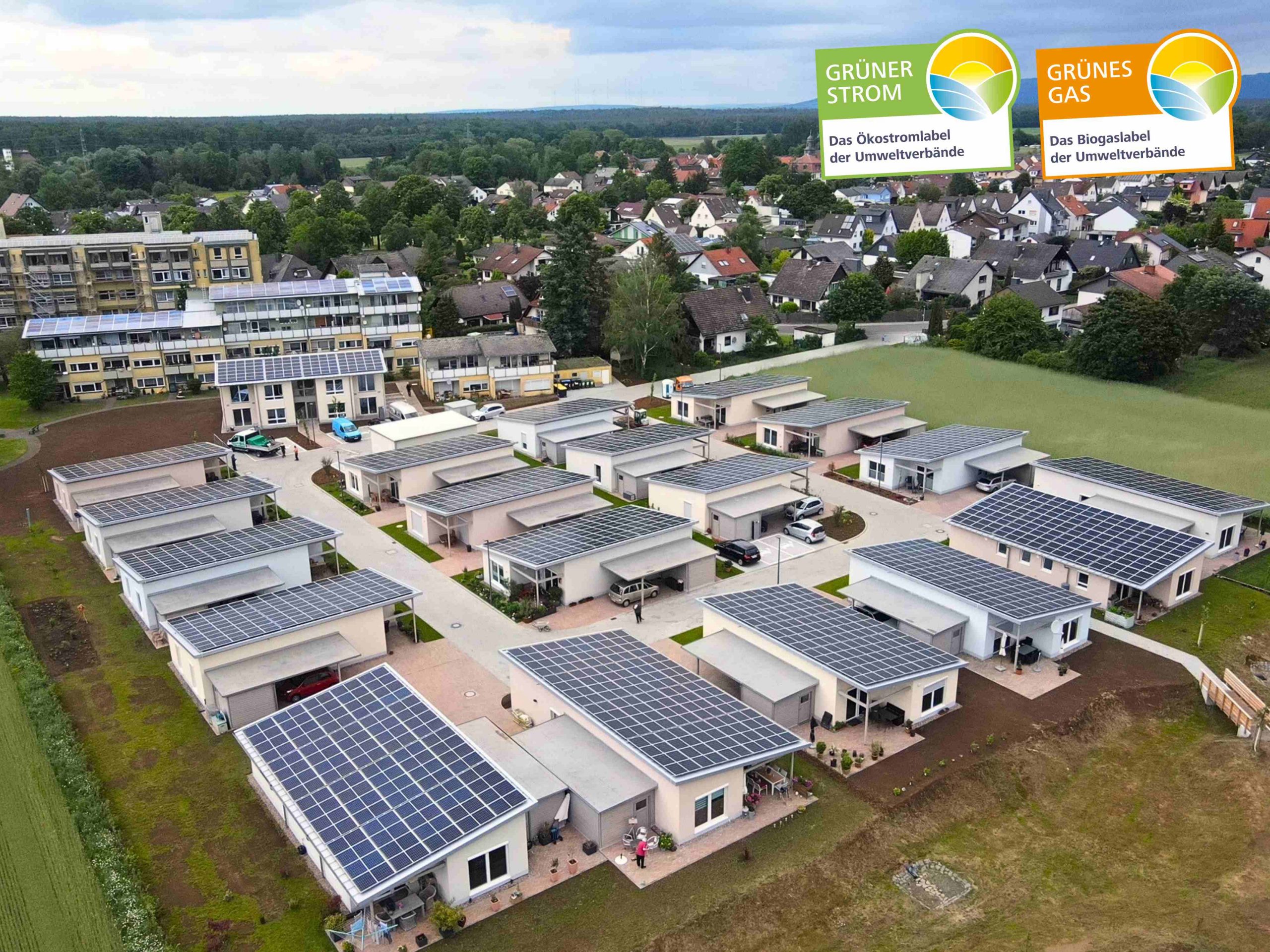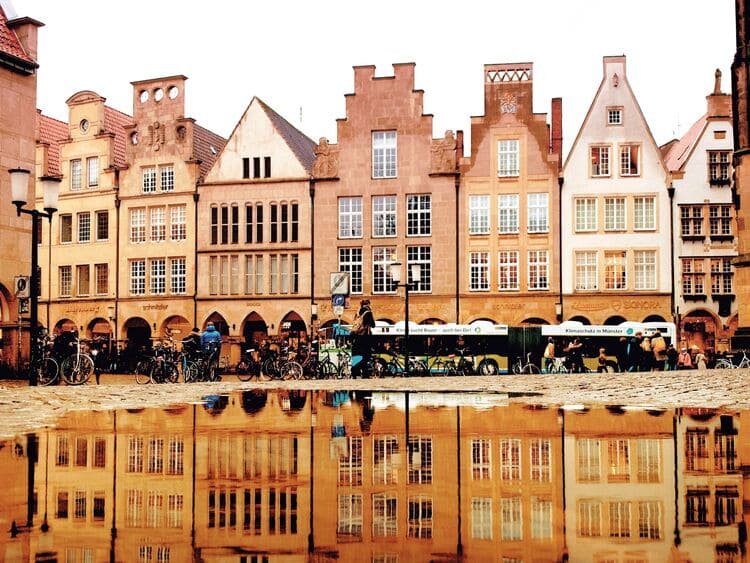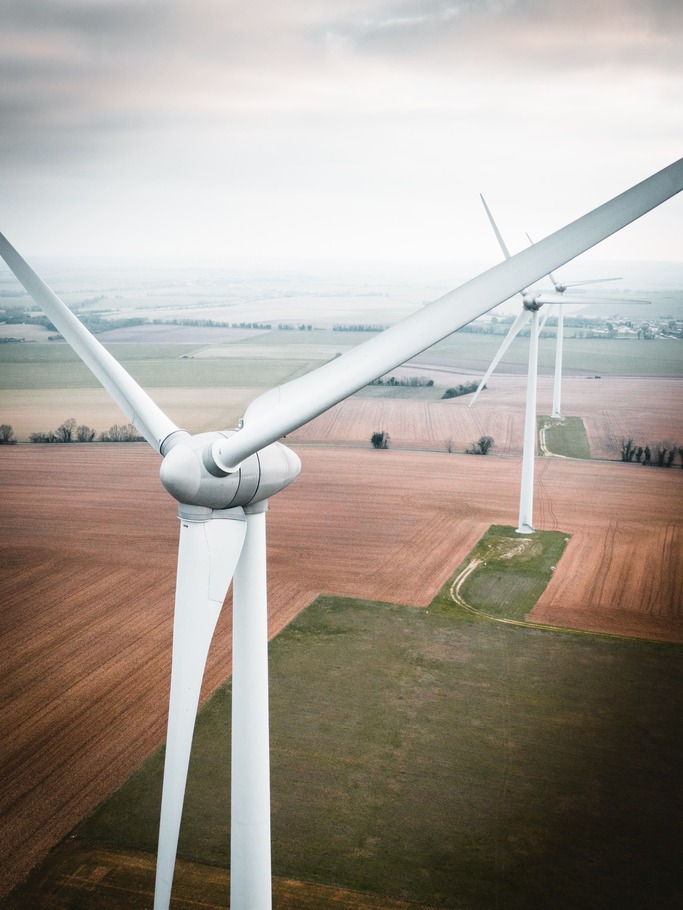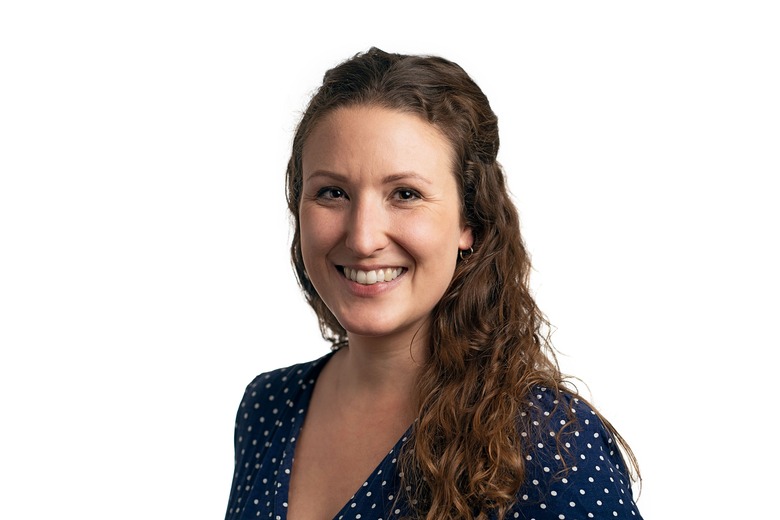Together with Grüner Strom Label e.V., AWO is committed to a sustainable, future-oriented lifestyle and the transformation of society towards the energy transition. The aim of the cooperation, which has been in place since 2019, is to promote climate protection and energy transition in social work. An important component of the cooperation is a funding program to promote energy transition measures.
Funding projects are to be realized primarily in Germany. However, within the framework of the development cooperation of AWO International e.V., individual projects outside the EU in emerging and developing countries are also eligible for funding. The projects should serve to advance the basic supply of renewable energies for the population at large and to strengthen the global energy transition. They should have a pilot character and a multiplier effect, as well as providing impetus for improving the conditions for further climate measures on site.
In particular, the installation of new solar systems on roofs still offers great potential for bringing the positive effects of decentralized energy generation closer to society. First and foremost, the generation of energy with local added value, without the consumption of fossil fuels and the associated damage to the environment and the climate.
A project promoted in this sense could now be realized in Honduras. The organization OCDIH installed 22 solar modules on the roofs of its two regional offices in cooperation with the Quality Management/Sustainability Department of the AWO Federal Association and with the financial support of Grüner Strom Label e.V..
Solar energy for a new perspective
The AWO and the NGO OCDIH are actively working to combat the causes of flight in Honduras. Most of the people there flee from poverty, violence and lack of prospects. As a result, fourteen percent of the Honduran population already live as migrants in the USA.
In the last three years, the cost of conventional energy locally has risen by two hundred percent. This accounts for about thirty percent of the monthly income of the people living there. This is unaffordable for the population, half of whom live in extreme poverty. The installation of the PV systems by OCDIH is now intended to create a new perspective and demonstrate the efficiency of solar energy.
Since installation and commissioning of the new PV systems, electricity consumption has been reduced from 14,000 kW/h to about 6000 kW/h per year. The remaining 8000 kW/h will be generated via solar energy in the future. This means a significant cost saving for the OCDIH in Honduras. To ensure that the guaranteed service life of 20 years is also achieved, the local employees have received professional training. They can now take care of the care and maintenance of the systems on their own.
Subsidies from Green Electricity Certified Energy Providers
The installation of the PV systems in Honduras was made possible, among other things, with funding from the Green Electricity certification. The label obligates energy providers to spend a fixed amount per kilowatt hour of electricity consumed on nature conservation or energy transition projects. Green Electricity-certified products lay the foundation for a successful energy turnaround, as more than 1,400 support projects with a volume of over 75 million euros have already been realized in this way.
